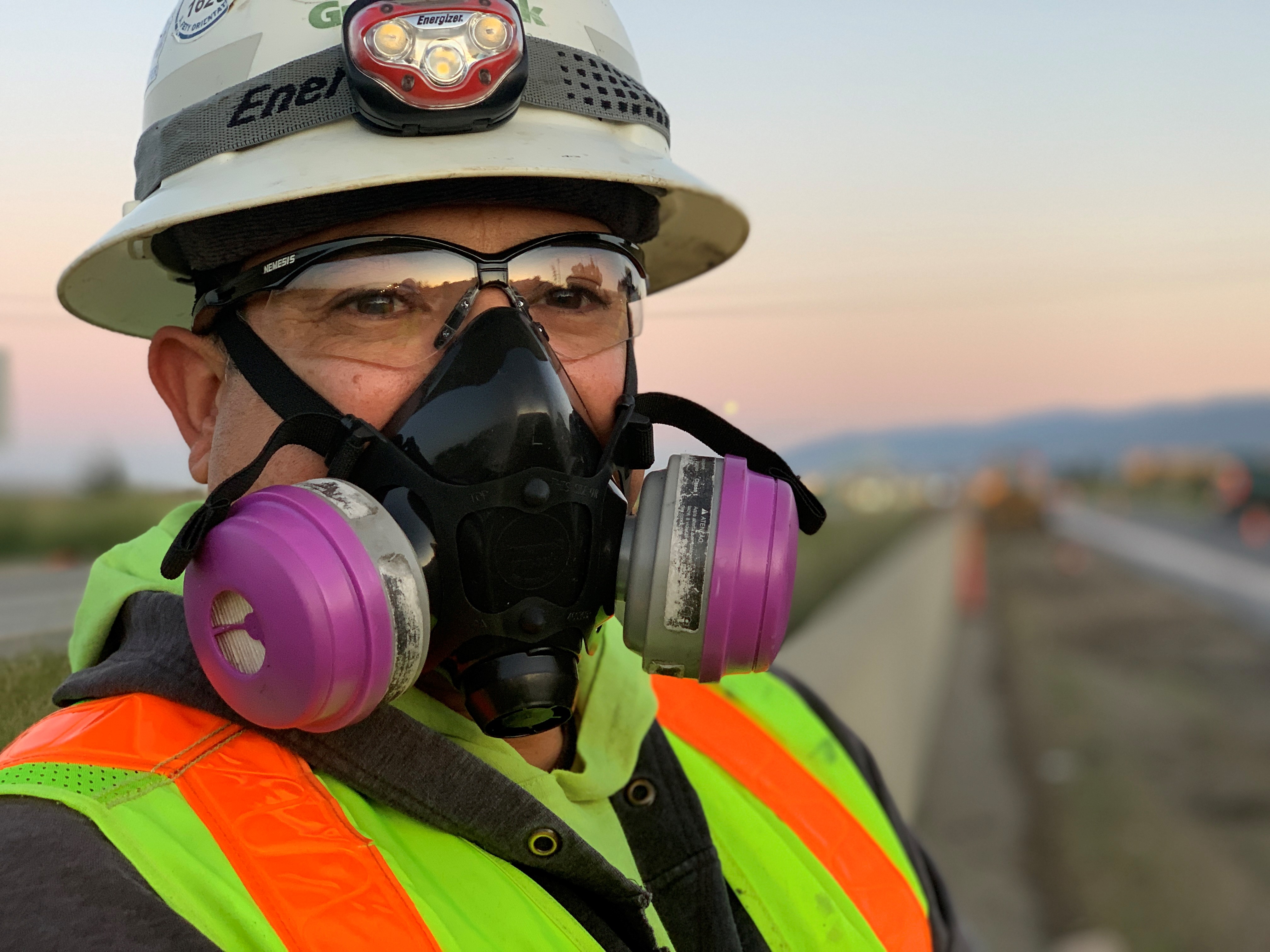
Covid-19 vaccine is important for the health of our people and the construction industry
Posted by Tom Squeri on Feb 25, 2021
A recent article in Construction Dive, an online newsletter covering our industry, reported a disturbing fact: Only 53 percent of construction workers surveyed plan to take the Covid-19 vaccine.
That compares to over 70 percent in other industries, such as technology and financial services.
There are a number of reasons behind vaccine hesitancy.
Some don’t see the virus as a serious health threat and therefore see no reason to get vaccinated. Others are concerned about safety and think the vaccine was brought to market too fast, despite the very small number of serious side effects reported in the over 186 million doses delivered worldwide so far.
Some have real medical issues that cause concern. A few have religious or moral objections. A few just don’t like the idea of getting jabbed by a needle.
I worry about this high level of vaccine hesitancy among our crews for a number of reasons.
First and foremost, we have seen firsthand the devastating impacts the virus can have on our people. The most insidious thing about Covid-19 is it is a random killer. So many infected people have mild symptoms or none at all that the virus lulls us into a false sense of security. I often hear that “it’s no worse than a common cold,” or “it’s less deadly than the flu.”
While for the majority of people that may prove to be true, for too many the virus is deadly. At Graniterock, we lost two great people to the virus in the last few months. Believe me, their families and friends think Covid-19 is a big deal.
Death rates also significantly understate the total human impact of the virus. Long-term health effects among survivors—even among the young and healthy—are frequently reported. Colds and the flu don’t permanently decrease lung capacity or cause long-term brain function challenges.
From an economic perspective, the costs of dealing with the virus, from inefficient operational changes to job stand-downs for quarantining to supplemental sick leave expenses, are significant. I also fear the added stress we put on crews to deal with the social distancing and PPE protocols on our jobs causes burnout and fatigue, which hurts overall performance and increases safety risk.
There are a number of good reasons employers in our industry should work to change vaccine hesitancy. The vaccines have been proven to save lives. There is no dispute about that. Hospitalizations and deaths are greatly reduced with the Pfizer and Moderna vaccines now being distributed.
Fully vaccinated employees don’t need to quarantine after exposure to the virus according to current CDC guidelines, meaning fully vaccinated teams don’t need to stand down but can keep working.
Sick leave costs will drop.
From a big picture point of view, if we want our social and economic lives ever to return to some sense of normalcy, we need enough of the overall population to get vaccinated to build herd immunity. Experts estimate that is somewhere between 70-85 percent of the population. If hesitancy rates in construction and other industries remain in the 50 percent range, we will never get there.
What can we do as industry leaders and employers to change this?
At Graniterock, we do not think a mandatory vaccination policy will work and we have not adopted that approach. In our view, there are too many legal and other objections and exceptions to manage that effectively.
We think a better approach is a policy that encourages widespread vaccination among our team (our goal is to have a 100 percent voluntary vaccination rate) achieved primarily through education and support.
Some ideas to get there include sharing reliable information about the vaccine’s effectiveness and safety, using facts to combat the idea that the virus is benign so vaccination is not necessary, offering paid time off or other incentives for our people to get vaccinated, and arranging for on-site vaccination for employees and families once more supply allows that.
As leaders, we should model the importance of getting vaccinated by taking the vaccine as soon it is available and sharing our experience with our people.
As employers and industry leaders, we likely have more direct influence on what our people believe and how they act than the CDC, the media and health experts.
We need to use that influence to inform and educate our teams with the goal of changing vaccine hesitancy in our workforce for the health of our people, the success of our firms and the eventual return to normalcy of our lives.
Back to all Blogs
